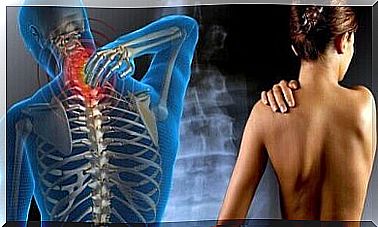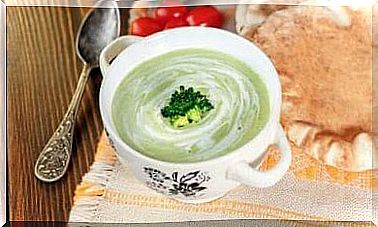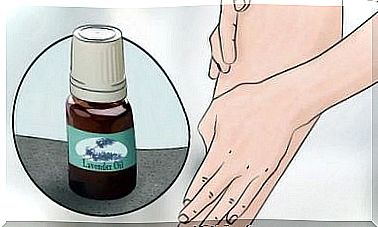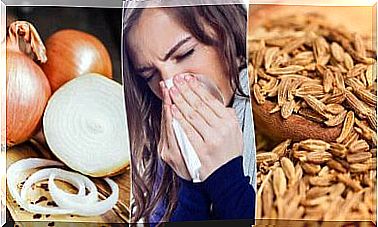Intestinal Polyps: What Are They?
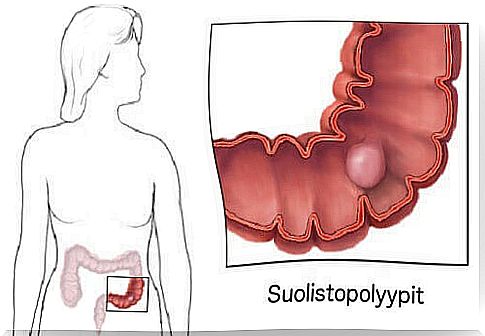
Polyps are small bulges of the mucosa, most of which are benign. However, a small proportion of polyps can become cancer over time. Such polyps are called adenomatous polyps or adenomas.
The type of polyp or adenoma does not appear on top, which is why they are removed on endoscopy and examined under a microscope. If the adenoma removed at the time of endoscopy is large in size and shows suspicious features, the condition is usually monitored by re-scans.
So what symptoms can polyps cause and for what symptoms should you monitor bowel function? In this article, we will cover just that.
1. What are intestinal polyps?
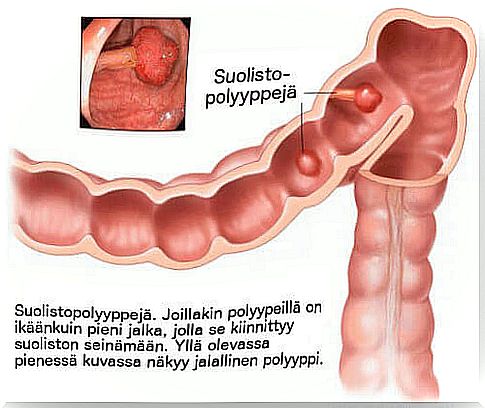
If you are diagnosed with intestinal polyps, the thought may start to scare you first. What exactly are polyps? Polyps are relatively common small bumps that grow on the intestinal walls.
Polyps are often round in shape, but they also occur in vague shapes and sometimes very flat. The intestine is intended to channel and direct feces toward and out of the rectum, and is in continuous operation during the day and night.
The gut is sensitive to bacteria and inflammation, so it’s no wonder that polyps develop right there. So don’t worry if you are found to have polyps in your gut, they are often completely harmless and of good quality.
Polyps and adenomas usually never cause symptoms. They are found when endoscopy is done because of stomach problems. Polyps are found in the stomach in 4-5% of patients examined, less often than adenomas. Their prevalence increases with age. All mucosal bulges seen under endoscopy are examined microscopically. In the case of adenoma, the risk of cancer is so high that the condition is often monitored with new endoscopies every 3 to 5 years.
2. Who are at risk for the development of polyps?
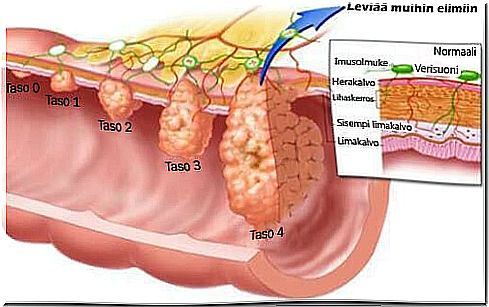
Certain factors affect the development of polyps and are more sensitive to certain people than others. These risk factors are indicative only and have not been shown to be directly related to the formation of polyps. Sometimes polyps also develop for those who do not correspond to the groups described below. The development of polyps can be influenced by e.g. the following:
- Over 50 years of age
- Overweight
- Smoking
- Occurrence of polyps in the family
- Drinking alcohol
- Low exercise and a poor diet high in hard fats
3. What symptoms can polyps cause?

For most, polyps do not cause the symptom symptom. Especially early-stage polyps are completely asymptomatic and painless and do not affect intestinal function as they start very small.
As polyps grow, they can prevent feces from moving in the gut and rub against each other, causing bleeding. At this point, people usually begin to notice abnormal symptoms. The following symptoms should also be kept in mind:
- Dark stools
- Blood stains on toilet paper
- Heartburn and pain when defecating
- Internal burning after eating hot and spicy foods
Often, polyps are only found when, for some other reason, the gut is scouted or examined. Doctors always examine polyps properly and try to determine how many there are and how often they occur.
Although endoscopy is an unpleasant experience, it is one of the surest ways to examine intestinal changes. So don’t worry, follow your doctor’s instructions.
Often, polyps are removed as a precaution, as over time they can turn into cancerous growths. Thus, removing polyps does not mean that they have already become dangerous, but merely that the doctor wants to prevent them from changing in the future.
How can polyps be prevented?

Intestinal polyps can be easily inhibited. There is no drug or dietary supplement for the treatment or prevention of polyps, but their occurrence can be slowed and prevented by following a healthy diet. We recommend focusing especially on foods that take care of bowel function and health and keep digestion in good condition. So at least remember these tips:
- Keep your weight at normal readings and avoid being overweight.
- Quit smoking and cut out other harmful habits.
- Eat one green apple a day.
- Add oatmeal to your diet. This is one of the easiest and most effective ways to take care of your gut, as oats are high in fiber to improve gut function.
- Drink a glass of warm lemon water in the morning or enjoy a tablespoon of olive oil with lemon every day.
- Try the tea extract made from aloe vera and lemon.
- Eat more vegetables like beets, broccoli, artichokes, etc.
- Eat lactic acid bacteria, they maintain the bacterial balance in the gut.
- Enjoy a teaspoon of mint oil three times a day each day. This improves intestinal function and clearance and expels toxins that nest in the intestine. Mint oil also repairs damage that has already occurred.


